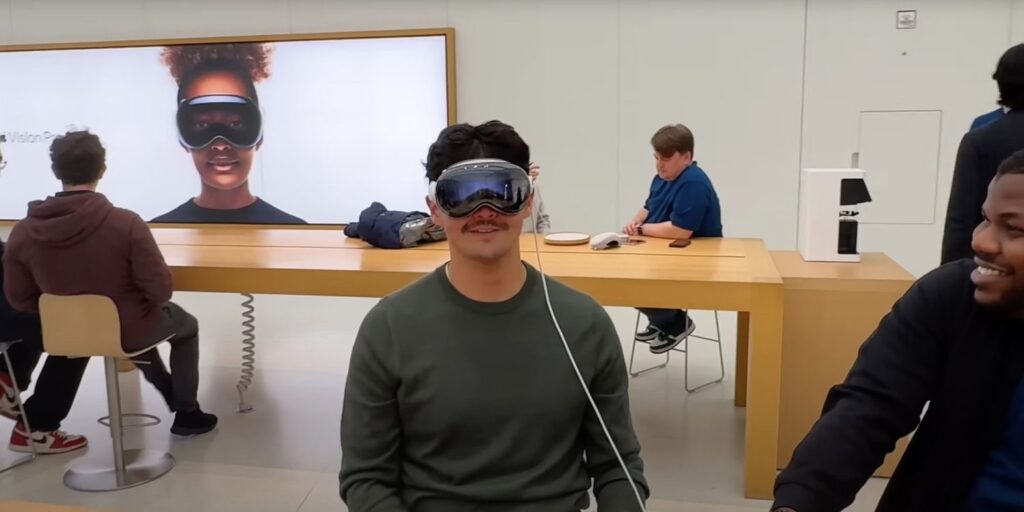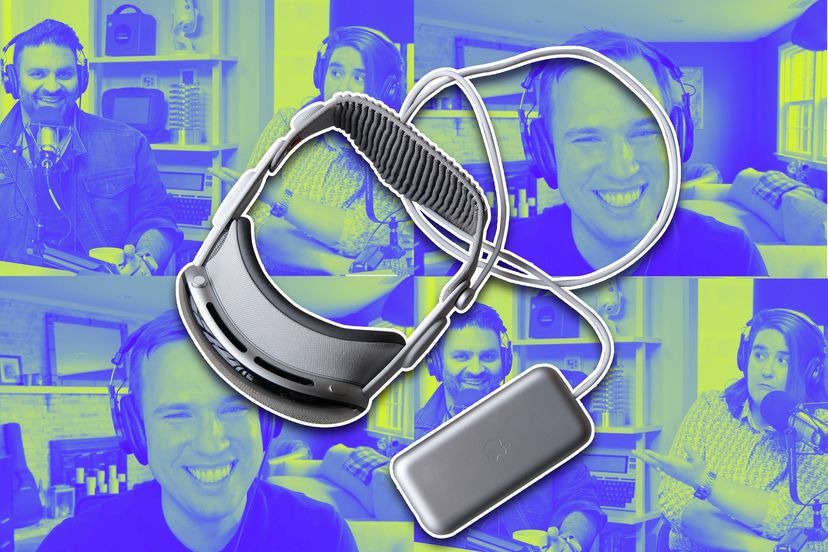Two leading technology companies find themselves at strategic crossroads based on recent revelations about their flagship entertainment hardware offerings.
On one front, Apple sees worrying early returns of its premium Vision Pro virtual reality headset stemming from minimal launch apps and a lofty $1,500 price ceiling.
While on another front, Microsoft considers demolishing historical barriers around Xbox console exclusives by publishing signature gaming properties like Halo directly on rival PlayStation platforms.
Apple Vision Pro Early Adopters Express Buyer’s Remorse
Since its launch this fall, enthusiastic early Vision Pro adopters started souring over issues like:
- Lack of compelling apps and games
- $1,500 cost feeling unsupported by capabilities
- Technical difficulties including overheating
As one disappointed customer told The Verge in citing their return justification: “It’s just not worth the money…there aren’t enough use cases yet beyond visual novelty.”
While many industry experts remain bullish on Apple advancing headset hardware and software ecosystems long-term, the muted reception risks slowing mainstream consumer VR adoption.

Microsoft Mulls Ending Xbox Exclusivity Walls
Meanwhile in the video game sector, Microsoft considers a monumental shift bringing former Xbox-only titles like Call of Duty to PlayStation for the first time.
This move acknowledges the reality that many gamers divide play time across multiple consoles. So why lock beloved titles down?
Industry whispers suggest Forza, Halo, and more top first-party IP could publish on Nintendo as well. Such an export strategy greatly expands Xbox platform reach and Game Pass service subscriber potential.
Game Streaming Drives Cross-Play Thinking
Critically, insiders cite Microsoft’s big bets on cloud game streaming technology powering the strategic shift.
As Xbox Cloud Gaming (xCloud) matures allowing play across devices, Microsoft cares less about driving console-specific hardware sales.
If users can stream Halo Infinite to a smartphone, who cares if Master Chief graces a PlayStation too?
The Future Remains Uncertain
Looking ahead, it remains to be seen whether Apple overcomes its Vision Pro headset growth pains through software and ecosystem cultivation.
And on Xbox, concrete details lack around how Microsoft pivots from generations of ingrained exclusivity doctrine in the new era of cross-play and game streaming.
But both companies seem to clearly recognize they must reassess long-held strategic assumptions as consumer technology and behaviors evolve around concepts like the metaverse, mobility, and access over ownership.










Add Comment